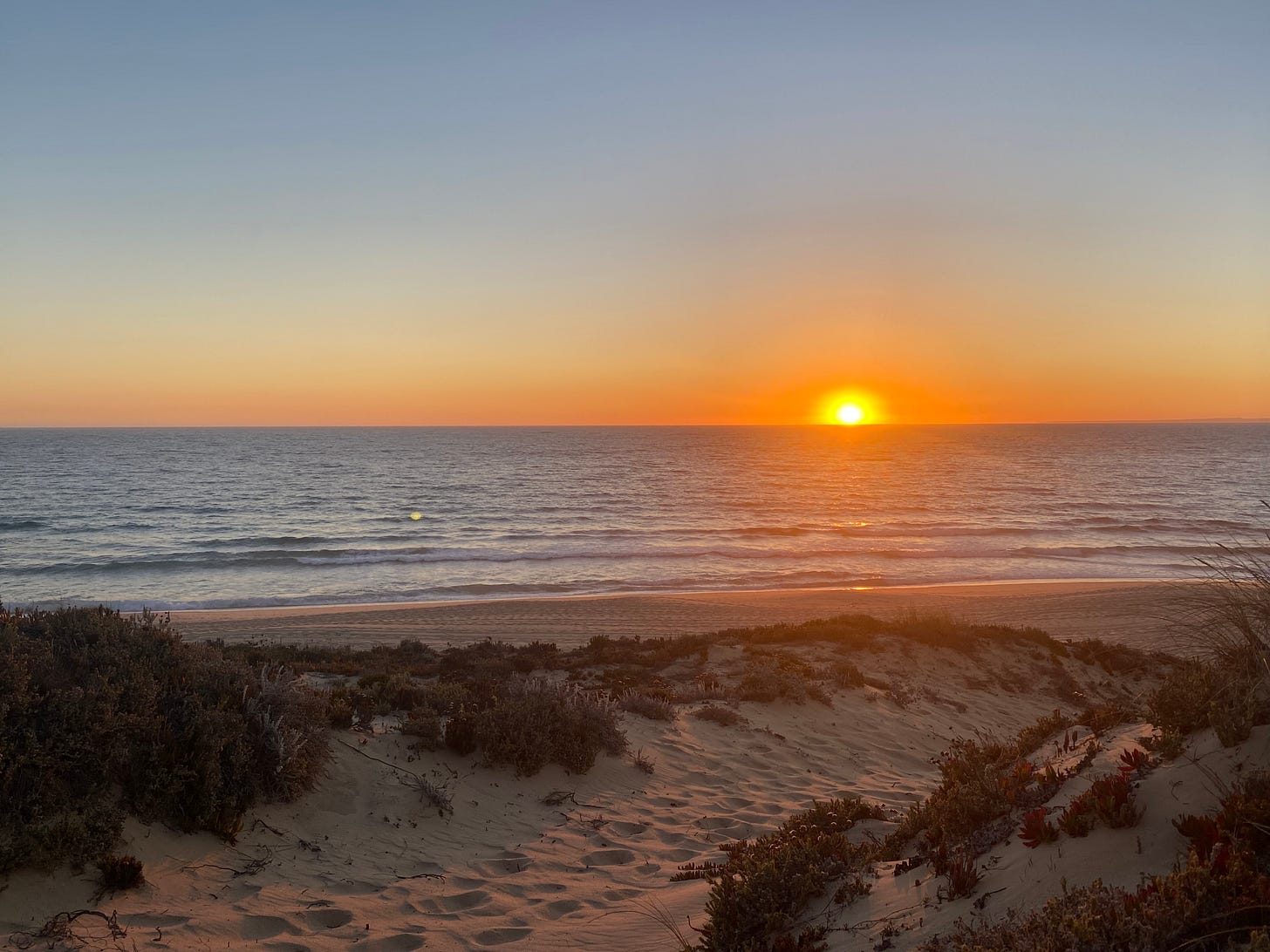Here’s your dream holiday and it’s free … but there’s a catch
You won't remember any of it. Still interested?
What’s your idea of a dream holiday? Perhaps a five-star private island in the Maldives, or an expedition cruise in the Antarctic, or a luxury tented safari in Botswana. Maybe something else altogether?
Now, let’s say I offered you this holiday for free. Take a plus-one, anyone you like. Choose any dates. I’ll even throw in unlimited spending money. But there’s a catch: when you return home, you won’t remember a single second of it, nor will your companion. You might come back with a suntan (or frostbite) but no memories, no photos, no knowledge acquired, nada.
It still sounds like a great offer, right? You will literally have the time of your life.
But there’s one more catch: you’ll have used up your annual holiday allowance. No more foreign holidays, weekend breaks or staycations for 12 months.
Still keen?
My guess is that your enthusiasm is waning and perhaps you’ve decided – like me – that you will definitely not accept the offer.
I think this is because travel isn’t – or shouldn’t be – just a matter of pure hedonism. It’s a way of forging memories that (hopefully) will last a lifetime, and change who we are.
This struck me recently as I spent a few days in Hoi An, a pretty town in Central Vietnam that I’d first visited 30 years ago. It has since become such a tourist honey pot that I barely recognised it. But more worryingly, I realised I had literally no memory of the place other than the few remaining photos I’d had developed on my return.
That month-long trip to Vietnam was one of the highlights of my travelling life yet this particular section of it had entirely disappeared for me. Of course I could still brag that I’d been to Hoi An decades before the tour groups and Instagrammers, but that felt like scant consolation for the loss.
Maybe this won’t be a problem in 30 years time. Everyone will have bazillions of smartphone photos that their robot companion can sort through, thus retrieving - or recreating - their actual memories.
I’ve written before about the unreliability of memories, but what really would we be without them?
Trying to live in the moment might be the very act that makes it impossible
To my mind, there are three stages of a trip I’m keen to savour: the anticipation, the experience itself, and the memory. All three are valuable, which is why I rarely jet off on last-minute holidays: I enjoy the planning, counting down the days.
We are often told we should “live in the moment”, which sounds appealing in theory but soon breaks down when we realise our lived experience exists almost entirely in the past or the future – our memories and knowledge of the world, our hopes and fears for what’s to come. Sure, there are rare episodes of total immersion, when we experience that elusive “flow” state, but it’s hard to manufacture those. Indeed, trying to live in the moment might be the very act that makes it impossible.
Is there a way to optimise memory? I think there is, and I think it comes down to packing your days with novel experiences but leaving yourself open to happenstance, the gloriously unexpected.
For me, that means a combination of planning and letting go, putting myself in situations where I’m open to random events. Wandering the streets of a city aimlessly at night, talking to strangers, saying yes when my first instinct might be no.
Of course sometimes you might just want to sit on a beach, facing the sea, twiddling your toes in the sand, as I’m doing right now, as I write this. Will I remember this moment? Probably not. I can live with that.






I've always felt that planning a trip is half the fun. With my kids over the years I've always made planning a central part of the holiday. To this day some of my most cherished memories are things that the kids decided we would do as a family on a trip to New York or New Mexico ... seeing how happy they were about being tour guide for an afternoon.
Gorgeous pictures!